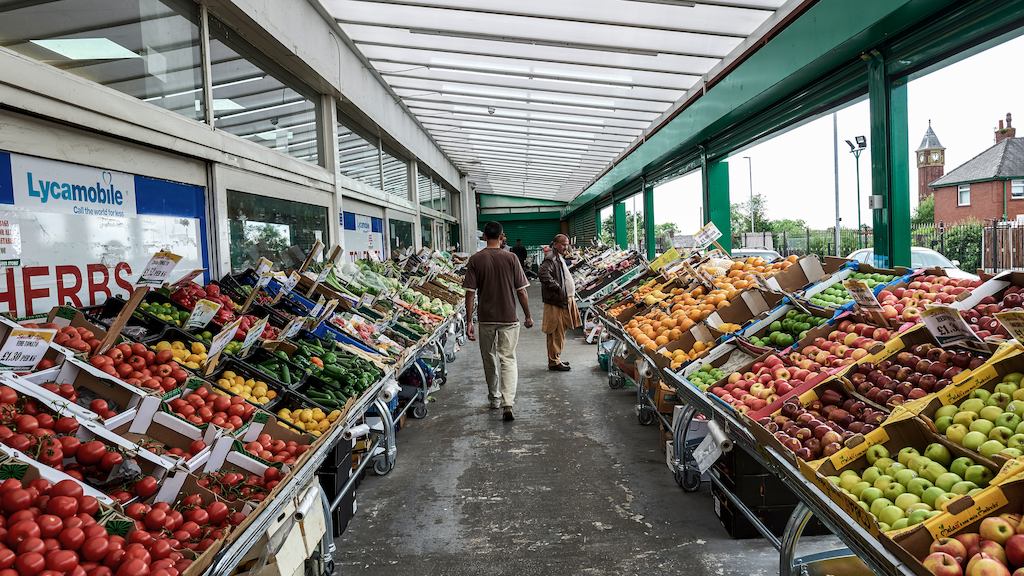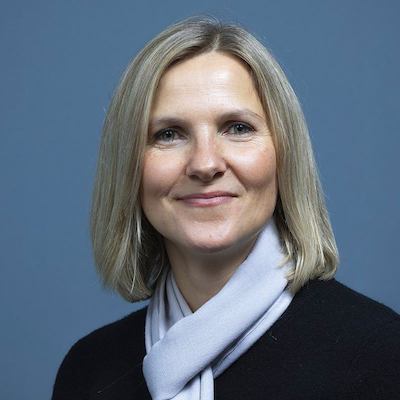It’s taken the near-death experience of the Prime Minister – himself in his 50s – for the government to wake up to the challenge that ‘Britain must get fitter’. Having reportedly lost two stone since his recovery from COVID-19, Boris Johnson is in many ways a good case study of the remarkable changes people in mid-life can still make to their weight and health prospects, given the right impetus and supported by healthy environments.
So as Johnson turns his good intentions into policy, he must look to help people get fitter across the life course. A focus on tackling childhood obesity is paramount, but we also need targeted support for people at older ages. Banning junk food ads before the watershed could make a real difference to kids – but does nothing for the adults still watching TV after 9pm. These individuals, if helped now to make changes, stand a chance of preventing or delaying many of the various life-limiting conditions that being overweight will inevitably bring as they move into later life. Many of them are also parents and grandparents who will have a direct impact on the health behaviors and habits of the youngest in our society.
Personal responsibility is often cited in arguments around obesity, but it’s only part of the story. To create sustained change, we must create environments that support people to eat healthily, to be more active, make healthy choices easier and unhealthy ones harder. And we need to do this at all levels – in our communities, in our restaurants, in our workplaces, our supermarkets and on our TVs. A piece in the Lancet by a number of prominent academics likened targeting individuals with weight loss programmes, without changing the environments that cue excess energy consumption, to ‘treating people for cholera then sending them back to communities supplied with contaminated water.’
This pandemic has given us the jolt we need on obesity, new impetus for why we need to address this public health crisis and a more urgent deadline. As the Prime Minister rises to the challenge, he must not leave behind over 50s like him.


